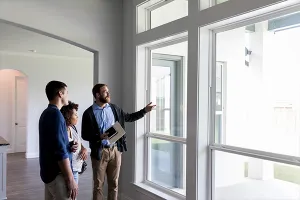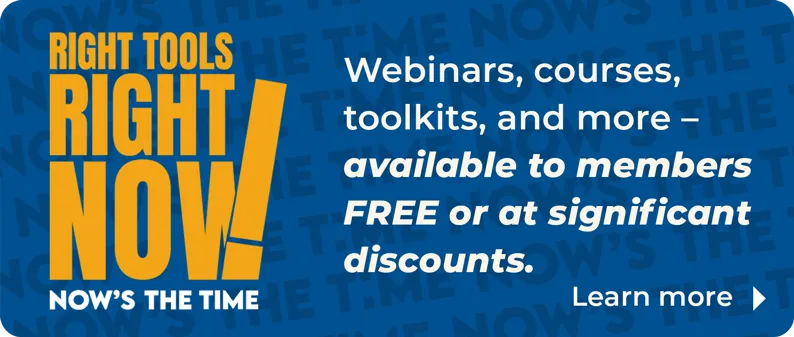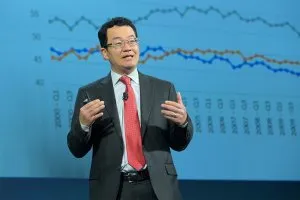
In an era defined by deep political divides and economic uncertainty, the Federal Legislative and Political Forum at NAR NXT, The REALTOR® Experience, brought together two leaders who built reputations on crossing the aisle to get things done: former U.S. Reps. Will Hurd (R-Texas) and Stephanie Murphy (D-Fla.).
Moderated by NAR Federal Legislative and Political Forum Chair Rep. Scott Louser (R-N.D.) and Vice Chair Bob Oppenheimer, RE/MAX Fortune Properties broker-owner in Englewood Cliffs, N.J., the discussion offered an “inside baseball” look at how Congress really works, and where cooperation might still thrive.
Louser welcomed attendees to Houston before introducing the panelists, both of whom were recognized for their pragmatic leadership and results-oriented approach to governance.
- Stephanie Murphy, a former congresswoman from Florida’s 7th District and a member of the Ways & Means Committee, served as a leader in the Blue Dog Coalition and the bipartisan Problem Solvers Caucus.
- Will Hurd, a former CIA officer and representative from Texas’s 23rd District, served on the House Permanent Select Committee on Intelligence and is a leading voice on technology, innovation and bipartisanship.
Finding the Center in a Polarized Time
The conversation began with a question on polarization and pragmatism, in light of the government shutdown. Both Hurd and Murphy agreed that the center of American politics is not extinct—it’s just underrepresented.
“I find that shutdowns are really not serving the people of America. They always end at some point,” said Murphy of the recent shutdown. “But there is a lot of pain that happens for average Americans in the period of time where there’s dysfunction in Washington. And while I’m glad that the shutdown ended at this point, I think that we have to get back to a place where we’re legislating and producing budgets and approving appropriations in a timely manner.”
Hurd also expressed concerns that the lack of public confidence in our institutions leads to Americans being less civically engaged, especially when it comes to primary and local elections.
“We get the government we deserve, right? Voting in general elections is the floor of civic activity,” he said. “People also need to participate in local and primary elections. And so, yes, it’s on us. It changes because it’s within our power to do it.”
Economic Issues and Looking Ahead to the 2026 Midterms
As the midterms approach, the panelists agreed that housing, affordability and economic opportunity will remain front-and-center issues for voters.
“I think Americans are at a place where the issues that matter to them aren’t ideological anymore. They’re economics. And that isn’t a red or blue thing. ‘Can I afford to feed my family? Can I put a roof over their head?’ And so hopefully, what the American people need will be reflected in the politics that we have,” Murphy said.
Murphy emphasized that she is hopeful that the country can begin chipping away at the housing supply deficit.
“The Senate ROAD to Housing Act actually has an element in it that invests in innovative homebuilding and incentivizing that,” she added.
Restoring Trust
Both panelists concluded by emphasizing the importance of advocacy, whether through local engagement or data sharing, in educating future generations about issues affecting the real estate industry, such as affordability, supply, financial literacy and regulations.
“There’s the opportunity for state and local government to make these things a priority, fund them, and ensure that the next generation of Americans have the basic financial literacy they need to achieve the American dream,” Murphy said.









